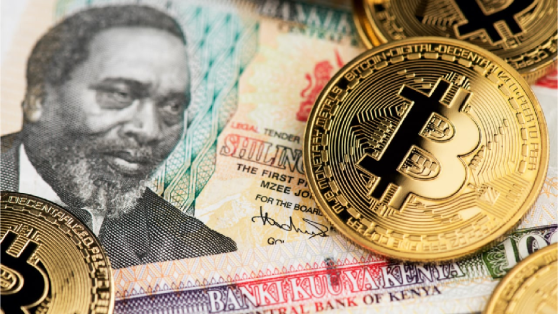According to experts from Crypto Casinos, the penetration of digital assets into Kenya can be explained by several key factors, among which the widespread use of mobile devices stands out. This technological advantage allows the country’s residents to easily and quickly access cryptocurrency wallets and exchanges through mobile applications. Additionally, the popularity of the mobile payment platform M-PESA has made a significant contribution to the development of cryptocurrency transactions in Kenya, simplifying financial operations in the country.
Regulations and Growth
Kenya lacks strict regulations regarding cryptocurrencies, making the country attractive to investors and entrepreneurs in this field. While other African countries are trying to regulate and even restrict the development of new technologies, Kenya has chosen to support and stimulate the growth of the cryptocurrency market. This creates a favorable environment for innovation and attracting capital.
Cryptocurrency Mining
In the context of cryptocurrency mining, the cost of mining one bitcoin in Kenya is approximately $83,000 USD, with the profit from mining one bitcoin estimated at $17,094 USD. These figures highlight both significant investments and potential income that miners in the country can receive.
Adoption in Africa
The overall context of implementing cryptocurrency technologies on the African continent is also interesting. Currently, Nigeria ranks first in Africa and 16th globally in the adoption of cryptocurrencies with a score of 65.67%. South Africa follows closely, ranking 17th in the world with a score of 64.67%. These countries demonstrate a high level of adaptation to cryptocurrency technologies compared to other regions.
Additionally, there are reports that the Federal Inland Revenue Service (FIRS) of Nigeria is considering withdrawing fraud and tax evasion charges brought against top managers of the world’s largest cryptocurrency exchange, Binance. This move could have significant consequences for the cryptocurrency business and reflects the changing dynamics of regulation in the digital asset sphere on the African continent.





